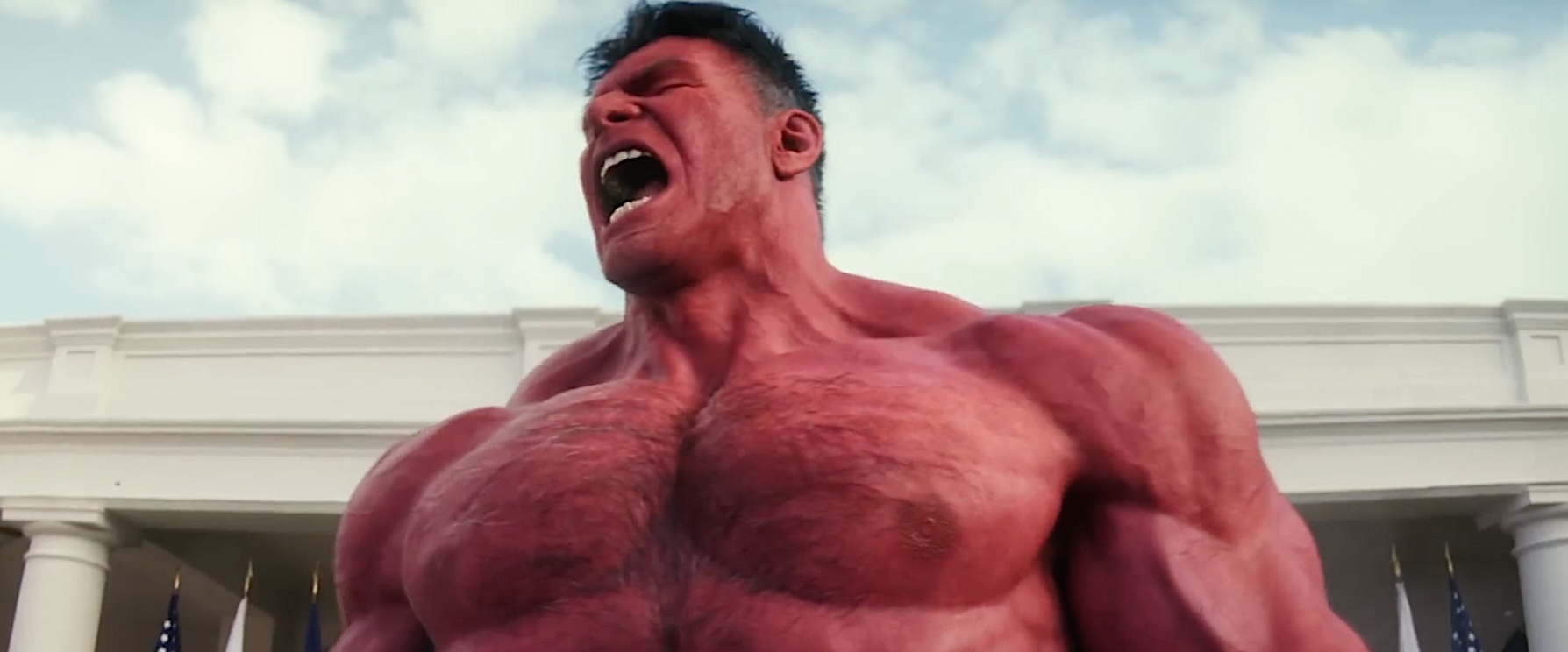If you also chronically scroll through TikTok, and you’re an anime fan, then you likely know of musician Ricky Montgomery. His songs have commanded enormous audiences, and clips from “Mr. Loverman” and “Line Without a Hook” have been used and reused for trends. TikTok has launched numerous musicians into stardom, and Montgomery took off during the COVID-19 pandemic, around the same time anime and manga fandom intensified online. At the time of publication, his music has surpassed 1 billion streams globally, and he has two platinum records.
His success is uniquely a product of TikTokers’ anime obsession, a fandom his music has become “fully enmeshed” with, Montgomery told Polygon. It’s a blessing and a curse that has buoyed his music career. Montgomery’s music has become the soundtrack for anime fan edits and memes of Banana Fish, Attack on Titan, Jujutsu Kaisen, and more. The same force that brought viral success to the indie-pop artist is also responsible for connecting Montgomery’s music to videos where people paint their feet to look like characters.
:no_upscale()/cdn.vox-cdn.com/uploads/chorus_asset/file/24873069/Ricky_Montgomery_DSP_PROFILE_Olivia_Parker_and_Parker_Hao_0.jpg)
Prior to his current success, Montgomery dipped in and out of the music scene for several years. Montgomery released the now-popular album “Montgomery Ricky” in 2016, but left the music industry for a career in marketing. After returning to music and a canceled tour due to the pandemic, he once again considered leaving music — but the internet held on to him. Or, at least, a bunch of anime fans obsessed with Banana Fish did.
In 2020, Montgomery noticed his music was being streamed more and more on Spotify and TikTok. Fans of Banana Fish — an anime series following the friendship of a photographer and a gang member that ends in tragedy — had started to create fan edits overlaid with Montgomery’s lyrics, and posted clips or lighthearted memes of the show with his song “Mr. Loverman” as the accompanying audio.
“I remember the first TikTok I ever made that got a million views was just this TikTok of me saying that I was going to watch Banana Fish and it went… bananas! Come on. […] And so from there I went, Oh, whoa, this is fertile ground.”
Montgomery’s fame only grew as he engaged with fans on TikTok. Silly videos of Montgomery reacting to fan videos garnered hundreds of thousands, sometimes millions, of views. Shortly afterward, Banana Fish fans claimed a second song, “Line Without a Hook,” and Montgomery soon had two songs going viral at once. Both “Mr. Loverman” and “Line Without a Hook” went platinum, and Montgomery was signed to Warner Records.
Now, Montgomery’s music has become inextricably linked with anime. He credits getting his record deal to anime fandom. Fans will sing additional lines said in Banana Fish at his concerts. More recently, in August, fans of Jujutsu Kaisen reclaimed “Mr. Loveman” to post moody edits and memes of a romantic pairing between two main characters, Gojo and Geto. Fans of SK8 the Infinity in the past few weeks have used the new single “Boy Toy” to in videos using clips of that show.
“It’s kind of toxic in my head a little bit now because I’ll see other artists get some of the anime TikTok clout and I’m like, No, that’s not for you. So it’s mutually toxic now, which is, I think, a good spot for us all to be in.”
Many of the edits from Banana Fish, SK8 the Infinity, and Jujutsu Kaisen shared one characteristic: They all emphasized the potentially queer themes in each show. Banana Fish, for example, is known for being an early influence in the “boys’ love” genre, or series that portray romantic love between men. Similarly, we don’t know if SK8 the Infinity portrays an explicitly queer love between boys, but it’s at least a deep friendship that fans hope blossoms into romance. As in the case of Jujutsu Kaisen, fans have spun two significant characters into a popular romantic pairing.
:no_upscale()/cdn.vox-cdn.com/uploads/chorus_asset/file/24388120/18892887.jpg)
“I was actually really encouraged that the music was taking hold in like a gayer-themes version of anime, because that was one thing I didn’t really see a lot of when I was younger,” Montgomery said. “I think you’ve always seen more of a positive framing of feminine-looking men in anime, which always made me feel seen as a nonbinary person and as a girlier boy growing up. I was really excited. And I still am super excited that I get to be proximally associated with that kind of more positive framing of the gender spectrum or the sexual spectrum.”
Montgomery also describes the support of the anime fandoms as a “return to form.” He grew up watching the late-night programming block Toonami on Cartoon Network and watched shows like Sailor Moon and Dragon Ball Z.
“Anime was always part of the media landscape that I was consuming, that was allowed to be hyperviolent or hypersexual, or not puritanical,” he said. “I think that that is still true to a large degree, maybe even more so now. Especially in our age of Christofascism taking over the country and stuff.”
Montgomery takes an active role in promoting his own work and creating video reactions. He duets and reacts to videos, challenges certain anime fandoms to take specific songs, and stays on top of trends around his music. Polygon asked him if he could ever offload making content about “Gojo and Geto shipping memes” to his record label.
“The sentence you just said, if I said that to a label meeting, they would go, ‘Let’s move on. I don’t know what that means,’” he said. “If I were to try to offload that kind of work onto somebody else, it would not ever work.
“It’s true when people say that TikTok democratized access to a music career for artists, it’s completely true,” he said. Montgomery told Polygon that it didn’t make or break his career. He would have continued to make music regardless of what happened in 2020. However, it opened up a new path in his career and gave him a more stable way to make money.
“So, um, you know, thank you, Banana Fish and Attack on Titan.”







